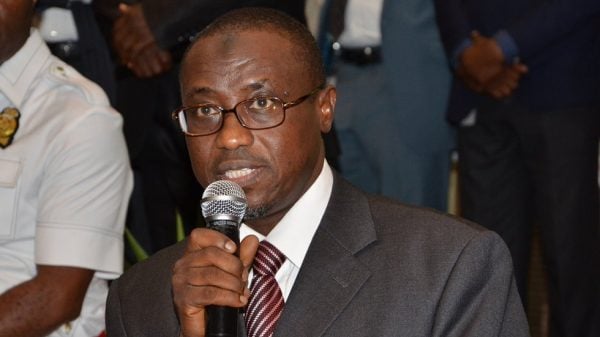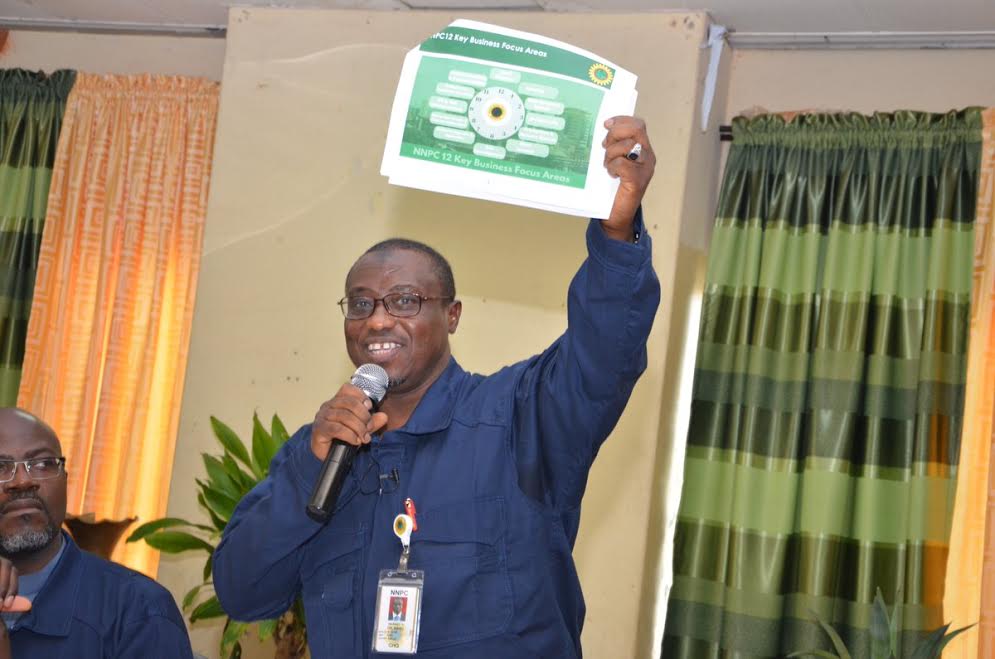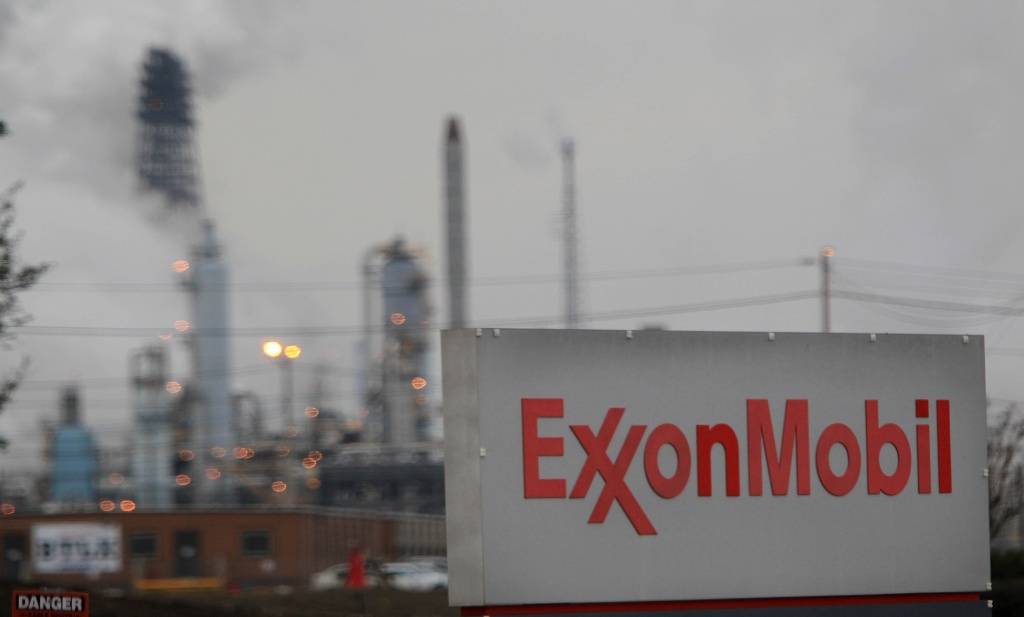The Nigerian National Petroleum Company (NNPC) Limited says the country remains on track to increase crude oil production to two million barrels per day (bpd) by 2027 and three million bpd by 2030.
According to NAN, Udy Ntia, executive vice-president of upstream operations at NNPC, spoke on Monday at the ongoing Abu Dhabi International Petroleum Exhibition and Conference (ADIPEC) 2025, hosted by the Abu Dhabi National Oil Company (ADNOC).
The 41st edition, themed “Energy. Intelligence. Impact,” will be held from November 3 to 6 and will bring together global stakeholders across the energy, technology, and finance sectors.
Speaking during a session titled “Beyond the Barrel: The Future of Upstream Strategy,” Ntia said Nigeria’s upstream growth plan is anchored on technology, efficiency, and decarbonisation.
Advertisement
“Nigeria’s upstream sector is evolving through a mix of collaboration, co-investments and smarter capital deployment, rather than competition,” he said.
“It is not just about producing more oil it is about producing better oil: more efficient, cleaner and more profitable.
“We have the capacity, and we are growing steadily while working together to reduce the strain of fossil fuels.”
Advertisement
Ntia identified three major factors shaping the global and Nigerian upstream sector as energy transition pressures, industry fragmentation, and technological transformation.
The NNPC official said innovations such as artificial intelligence (AI) and digital technologies would enhance efficiency and help unlock more value from mature oil fields.
“We are seeing technology as an enabler to get more from the ground, improve efficiency, and guide capital decisions. The goal is smarter investment, not just more spending,” he added.
‘NNPC, PARTNERS COMMITTED TO REDUCING EMISSIONS’
Advertisement
On energy transition and decarbonisation, he said NNPC and its partners are committed to reducing emissions while maintaining responsible production, stressing that Africa contributes less than 3 percent of global emissions.
Ntia cited ongoing projects aimed at gas monetisation, flare reduction, and the expansion of gas pipeline infrastructure, including the Nigeria-Morocco gas pipeline and connections to demand centres in western and northern Nigeria.
The upstream vice-president also highlighted the company’s refinery optimisation efforts and the development of hybrid partnerships for upstream co-investment.
“Co-investment is the new round of financing. We are stepping in as co-investors to ensure projects are bankable and decisions are made quickly in a rapidly changing environment,” he said.
Advertisement
Emphasising the need for collaboration between national oil companies (NOCs) and international oil companies (IOCs), he said partnership-driven growth is the future of the industry.
“IOCs are not grabbers; they are partners. We all share the same goal, which is profitability, sustainability and growth. The real question is how we can increase the size of the pie so that everyone wins,” he said.
Advertisement
Ntia also reaffirmed that Nigeria’s upstream strategy seeks to balance energy security, profitability, and climate responsibility, and ensuring that the country’s resources remain relevant in the global energy transition.
Advertisement







